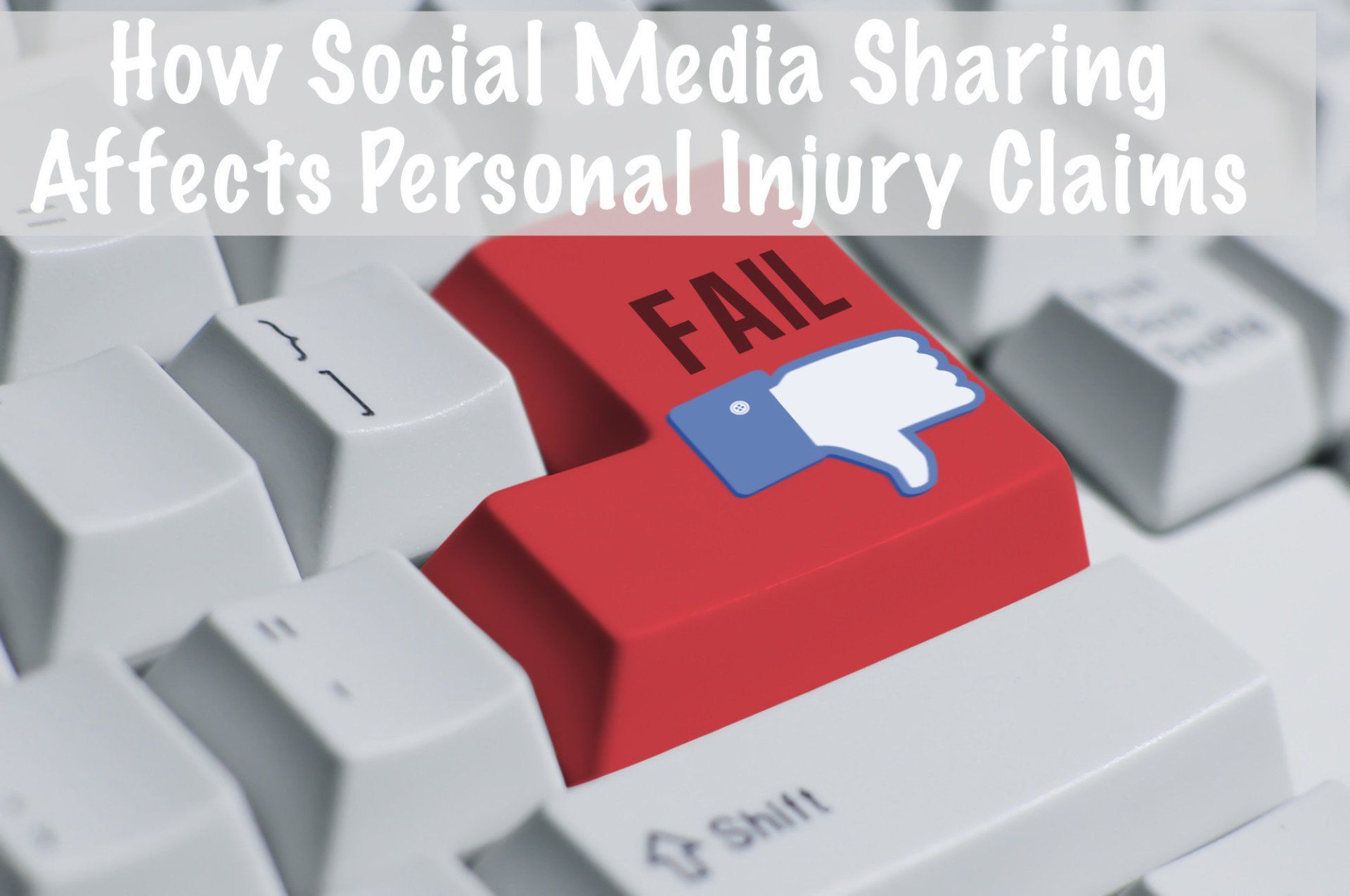Worker's Comp Claims: The Employer Responsibility in a Work Accident
The time that follows a work accident is crucial for the employee and employer. Keep reading to discover what the employer is responsible for.
On average, close to 100 workers die on the job every week in the US. Millions more suffer non-fatal injuries every year.
When an employee suffers a work accident or gets an illness because of their job, they are entitled to receive compensation.
Under the Occupational Safety and Health Administration (OSHA) law, the provision of a safe work environment is among the responsibilities of an employer.
To comply with the OSHA standards, employers should:
- Provide a workspace without any hazards
- Ensure employees have access to and use safe tools and equipment as well as maintain the equipment
- Put in place a system for warning employees of hazards. These could be color codes, posters, labels and signs
- Have and regularly update and communicate operating procedures to employees to ensure they follow safety and health requirements
- Have a visible post at the workplace informing employees of their rights and responsibilities
Common Workplace Injuries
Depending on the industry and a company’s level of compliance with safety regulations, there are some injuries or illnesses that employees may suffer.
Overextension Injuries
These are by far the most common workplace injuries. They happen as a result of lifting, pushing, pulling, holding or carrying. American businesses incur an annual cost of $15.1 billion due to overextension injuries.
Other common workplace injuries include:
- Slip, trip and fall
- Vehicle accidents
- Repetitive motion injuries
- Machine entanglement
Workers should also be compensated for other health risks that are not directly attributed to one particular incident.
For instance, cumulative trauma developed over time from stress injuries or repetitive strain from performing physical tasks over an extended period should be compensated.
Exposure to toxic chemicals can cause lung cancer, heart conditions, digestive issues, etc. Illnesses arising from such exposure qualify as justifiable cause for seeking compensation.
What Should Employers Do When a Work Accident Occurs?
Every employer should be prepared and know how to handle injury-related incidents in the workplace.
There should be pre-existing protocols that guide how such situations are handled.
Any accidents must be taken seriously and followed by a swift response. This is to ensure the employee receives immediate attention and also to protect the company from negligence related lawsuits.
Though employers can put in place measures to reduce the chances of such accidents from happening, it is impossible to take away such risks completely.
They should, therefore, take the following steps when an accident occurs:
Seek Medical Attention
As an employer, it is easy to focus on the damages, financial loss or potential impact to production when an employee is injured.
At times, even the employee's instinct may be to continue working. However, the priority at such a moment is ensuring the employee receives medical attention.
Also if the injury does not appear to be serious, a checkup is essential. If the employee refuses medical care, the shift supervisor should document it and have the employee sign the record.
It is important that the injured employee receives immediate medical attention to prevent any future complications. Also, it will protect the business from medical negligence claims.
File a Report
After medical attention has been discharged, you should consider the implications of the accident to your company. Any injured staff has the right to file a claim, and you are obligated to provide a claim form if requested to.
This should be done within 24 hours. You are also obligated to provide the employee with written information about their rights and the steps they could take.
Report the injury to your worker's compensation insurance company if they decide to make a claim. This is known as the first report of injury or illness.
In addition to filing the report, you should record and collect any information that may be beneficial in case of a lawsuit in the future.
Write down your statement and then take any photos and videos of the place the incident occurred. You should also record witness accounts from other employees.
Cooperate with Worker’s Compensation Attorneys
Assist the workers' compensation attorneys in whichever way possible.
They will likely require all the records about the incident and files on the employee. You should however not disclose this information to anyone else.
Seek clarification from your lawyer if any attorney representing the injured employee contacts you.
Welcome the Employee Back into the Company
Regardless of whether their claim is successful or not, you have the responsibility to welcome injured employees back as soon as they can resume work.
Any attempt to penalize or punish an employee in response to a claim could open the doors to more lawsuits.
However, before you reinstate them, make sure they have been deemed fit to resume work by a medical practitioner. In case their job is unavailable, you are required to offer one that is comparable in responsibility and salary.
Protect Your Company from Future Issues
It is the employer’s responsibility to protect the employees and also the business.
As such, it is important to develop methods of mitigating risks. If you already had a system in place, refresh your employees on the safety precautions.
Employers should also take the following measures to prevent accidents at work:
- Screen new hires
- Provide the necessary resources
- Monitor work environments and conduct regular inspections
- Invest in employee training and safety education
These measures will help reduce the risk of accidents occurring but also improve employee preparedness to handle these situations if they arise.
Injuries That Are Not Covered by Worker’s Compensation
There are certain instances where employee s will not be compensated for the injuries they suffer due to misconduct. These include:
- Injuries as a result of the influence of illegal drugs or intoxication
- Self-inflicted wounds
- Accidents that occur when an employee is committing a serious crime or felony
- Any injury sustained from a fight the employee
Injuries sustained during violations of company policies are usually not covered. However, some courts may grant compensation if that behavior was condoned or part of the working environment.
Why Is Workers Compensation Insurance Important?
A workers compensation insurance coverage is essential for both the employees and employers. It ensures employees can receive the proper treatment in they are victims of a work accident. On the other hand, employers are protected from lawsuits.
The law office of Rick Koenig is specially equipped and dedicated to assisting victims of personal injury.
Contact us today for a free consultation and sound legal advice.








